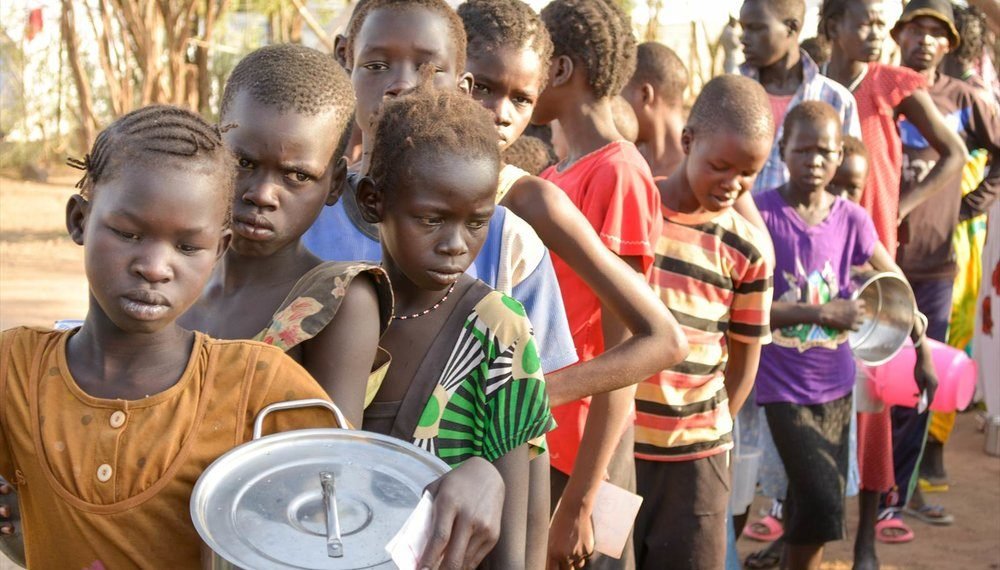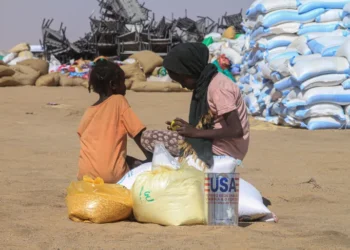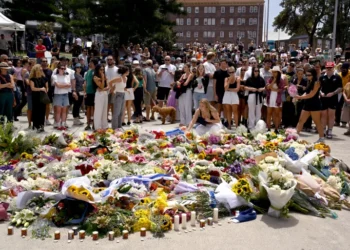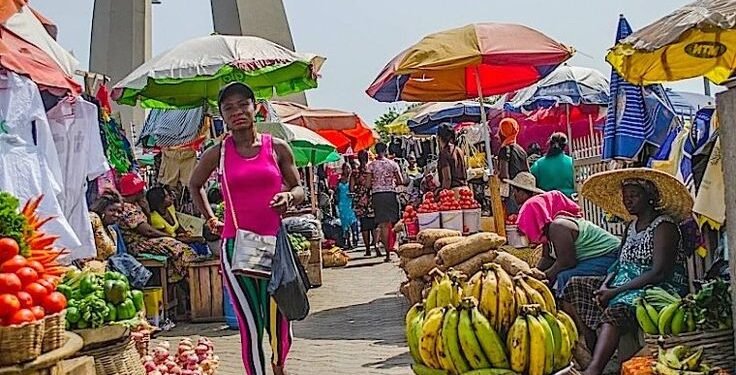The Special Envoy to the UN Secretary-General for the Food Systems Summit 2021, Agnes Kalibata has warned that people living in poverty around the world are in danger of food shortages as the coronavirus crisis continues.
In an exclusive interview ahead of the summit, Ms Kalibata also noted that the risk of food shortages are worse this year than in the period shortly after the pandemic began.
“Food systems have contracted, because of Covid-19. And food has become more expensive and, in some places, out of reach for people. Food is looking more challenging this year than last year.”

The Special Envoy from Rwanda also revealed that many of the problems that experts predicted last year have been deferred, not solved.
“The main impact has been on markets, the shutdown of food markets. The lockdown has closed markets and that makes it very difficult for farmers. Last year, many countries used whatever opportunity they had to keep their food systems going. That is more difficult now. Food prices have increased significantly in some places.”
She highlighted the plight of African countries that are facing serious food price rises and shortages, worsened by problems such as drought predicted in east Africa, likely to affect northern Kenya, Somalia and Ethiopia. She also said other countries, such as Thailand, were also seeing prices rise.
“This year, the predicted drought cycle is much more serious than last year. The price of food is increasing in some cases very fast, which is really challenging. We have not been able to strengthen our reserves. Now they are under pressure.
“We are facing a greater threat this year, as economies have shrunk. That is happening across the globe, everywhere. Countries are in a very distressed situation, and it is not getting easier – it is getting more difficult. Some countries have hung on, but for how long?”

She said governments had to plan for a longer crisis than they may have originally envisaged, and that dealing with Covid-19 and its economic impacts could take at least five years.
“Mistake number one was that we thought [the crisis] would be short, we thought it could be six months. I’m not complaining about lockdowns, they are very important to protect people, but they must not be indefinite.”
Ms Kalibata urged governments to shift their focus to the impact of Covid-19 on the wider economy as people around the world were facing greater hardship, and leading economies struggled with recessions.
“People are losing their jobs. That’s now the most important thing. The economy is shrinking and that is impacting millions of people.”
She also advised governments and agencies not to let down their guard as vaccines are rolled out and lockdowns eased in many places.
“Social protection is very important. We also need to keep prices down, we need to keep food available and we need to strengthen markets, ensure markets are working despite the crisis. The contractions in the economy are affecting the food environment.”
The UN Food Systems summit which intends to “launch bold new actions to transform the way the world produces and consumes food” is scheduled to take place in September at New York. It was called for by António Guterres, the UN secretary general, in October 2019, before the coronavirus pandemic struck.
During the summit, countries will examine how the global food system can be improved; the dangers from the climate crisis, wildlife loss and other environmental impacts; consumption patterns, food waste, and what changes may be needed to reduce global hunger; the obesity crisis in some countries; and recovery from the Covid-19 pandemic.
Read Also: 3 African countries at risk of famine- United Nations






















